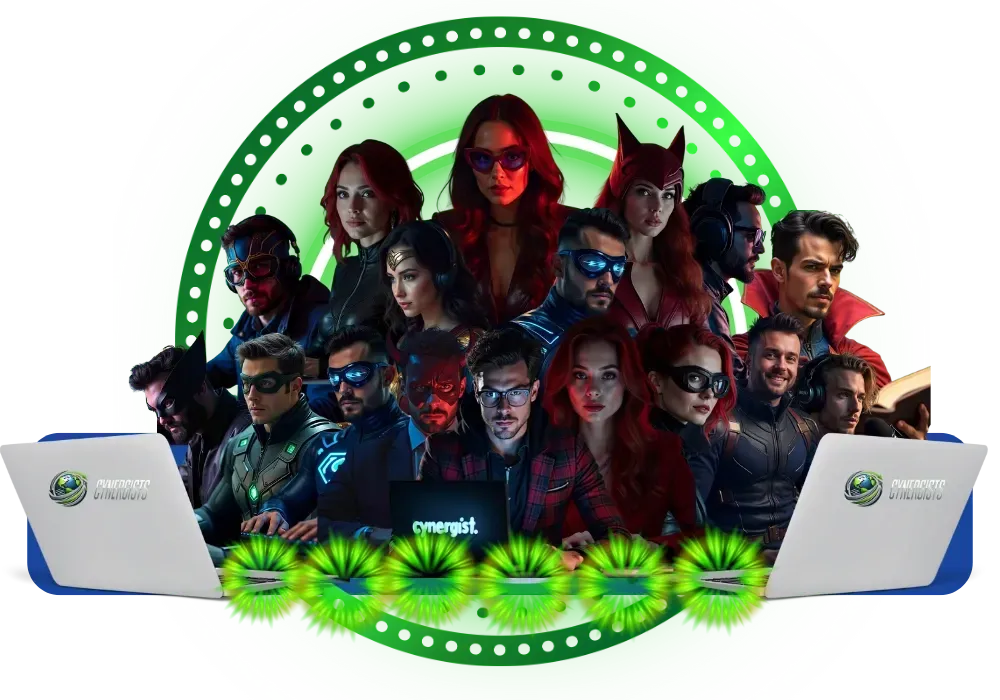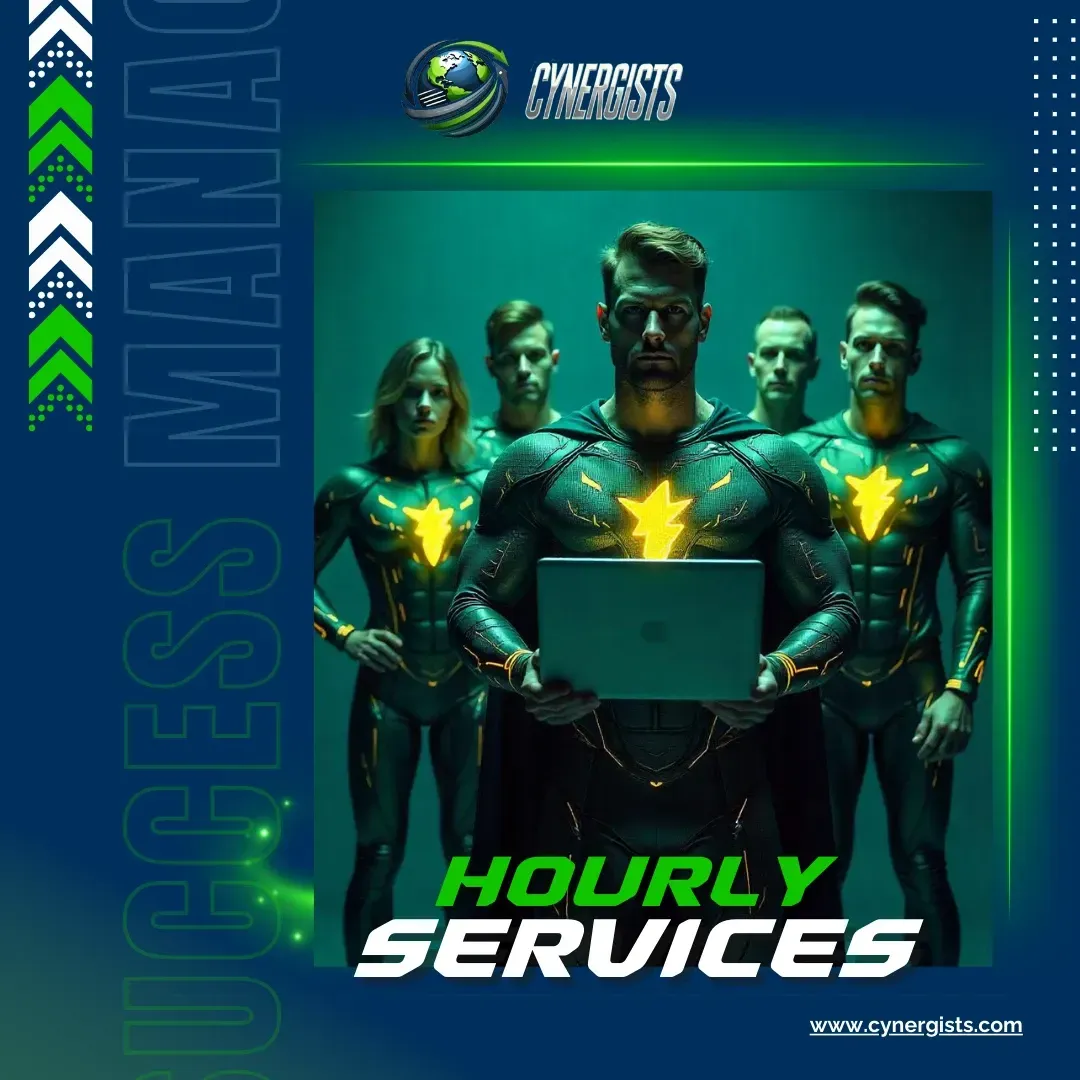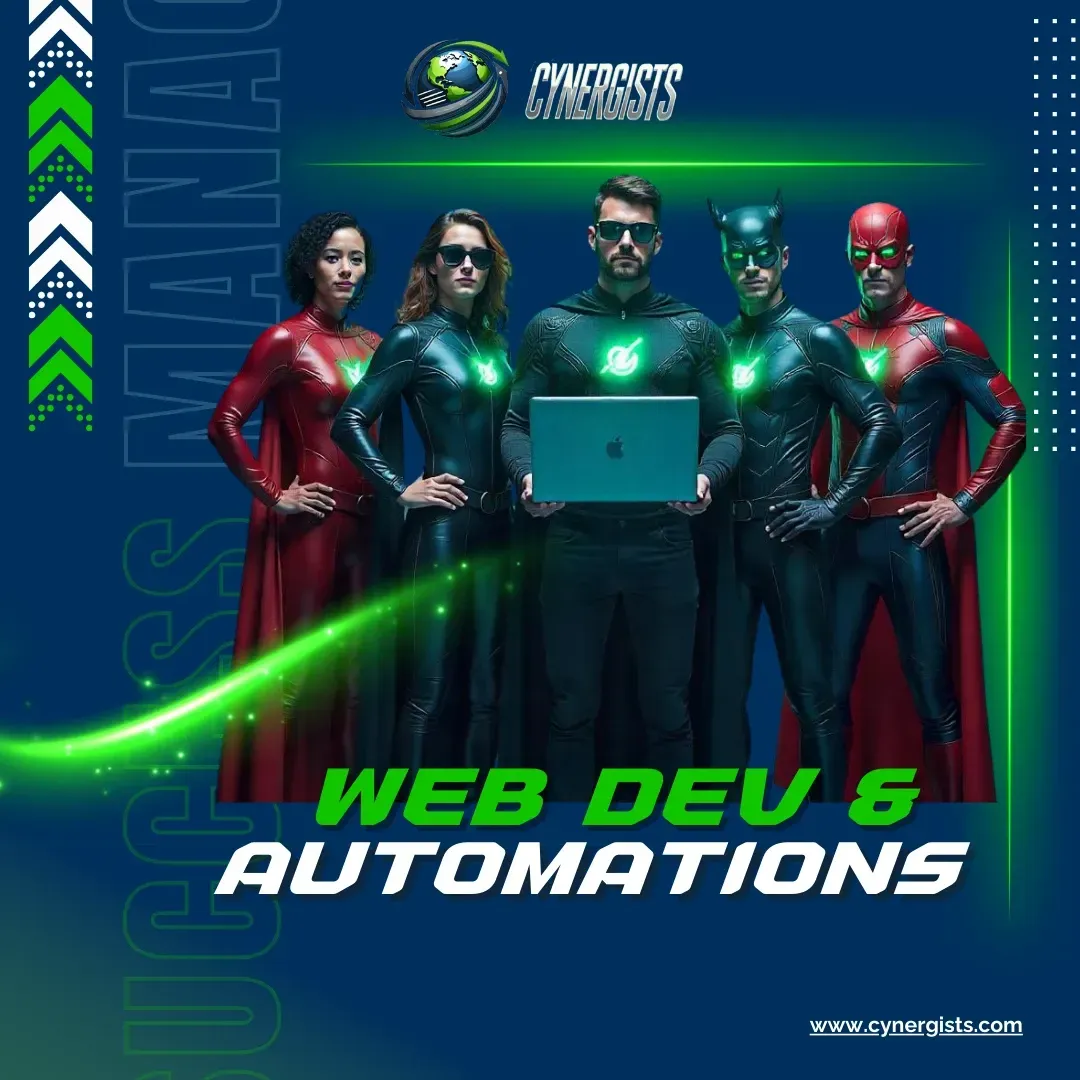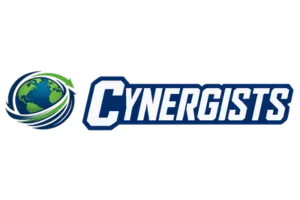
Suit Up with the Cynergists Blog:
Built for the Brave, the Bold, and the Business-Minded
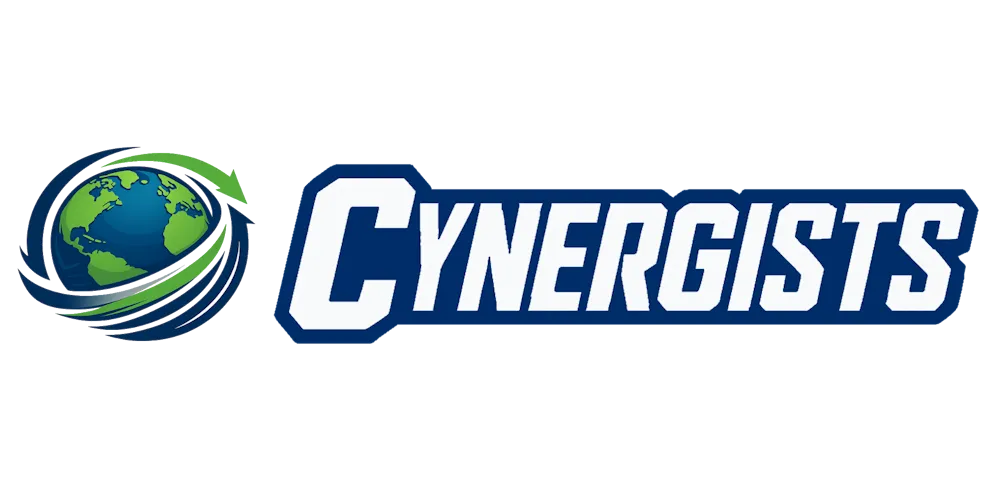
Suit Up with the Cynergists Blog:Built for the Brave, the Bold, and the Business-Minded
Featured Posts
At Cynergists, we empower businesses with highly skilled virtual assistants who handle routine tasks, so you can focus on growth. Our blog offers expert tips, actionable strategies, and success stories to help you streamline operations and save time.

The Future of Sales Teams: How Automation is Reshaping the Industry

Lead Generation in 2025: Proven Strategies to Fill Your Pipeline

Top 8 Ways to Leverage Your CPA Business Utilizing Cynergists
Featured Posts
At Cynergists, we empower businesses with highly skilled virtual assistants who handle routine tasks, so you can focus on growth. Our blog offers expert tips, actionable strategies, and success stories to help you streamline operations and save time.

The Future of Sales Teams: How Automation is Reshaping the Industry

Lead Generation in 2025: Proven Strategies to Fill Your Pipeline

Top 8 Ways to Leverage Your CPA Business Utilizing Cynergists

How to Keep Your Business Running When You’re Burned Out
Burnout is more than just feeling tired or stressed; it’s a silent productivity killer that can threaten the very foundation of your business. For entrepreneurs and business leaders, burnout often comes disguised as relentless deadlines, endless emails, or the pressure to scale at all costs. When you’re running on fumes, your ability to make strategic decisions, nurture your team, and execute critical tasks starts to erode.
Yet, business doesn’t stop when you hit a wall. You can’t pause the market, and your customers still expect results. The challenge isn’t just surviving burnout, it’s how to keep your business running when you’re burned out. In this blog, we’ll explore actionable strategies that help you maintain operations, safeguard productivity, and recover your energy without sacrificing your company’s momentum.
Recognizing Burnout Before It Derails Your Business
The first step in sustaining operations under burnout is awareness. Entrepreneurs often confuse stress with burnout, but the two are very different. Stress can be motivating and short-term, whereas burnout is chronic exhaustion, a loss of motivation, and a decline in performance. Signs include constant fatigue, lack of focus, irritability, and feeling detached from your work.
Recognizing these early allows you to implement strategies to keep your business running smoothly before things spiral. Mapping critical workflows is essential, identify tasks that absolutely require your attention versus those that can be delegated. Understanding these distinctions prevents bottlenecks and ensures that even during burnout, your business continues to operate efficiently.
Examining personal triggers is just as crucial. Are you overcommitting to clients, overextending your team, or skipping necessary self-care? By diagnosing the root causes, you can create a system that protects both yourself and your business. Acknowledging burnout isn’t a sign of weakness, it’s the first step toward strategic recovery.
Delegation and Team Empowerment: Your Secret Weapon
One of the most effective ways to keep your business running during burnout is leveraging your team. Entrepreneurs often fall into the trap of believing they must do everything themselves, but this mindset is a fast track to exhaustion. Delegation is not just about offloading work; it’s about creating systems that allow your business to function independently.
Start by assessing team strengths and redistributing tasks to maximize efficiency. Use project management tools to track progress, communicate priorities, and ensure accountability without micromanaging. Empowering team members to take ownership fosters engagement, builds trust, and reduces the mental load on you.
Developing a culture that encourages proactive problem-solving is also vital. When your team feels confident making decisions in your absence, you free yourself to step back and recharge. In practice, delegation and empowerment transform your business from a founder-dependent machine into a resilient ecosystem capable of thriving during high-stress periods.
Self-Care as a Strategic Business Decision
It may feel counterintuitive, but prioritizing self-care is a critical strategy for business continuity. Burnout isn’t just a personal issue, it directly affects decision-making, creativity, and leadership. By intentionally integrating self-care, you safeguard both your health and your business’s performance.
Start small with sleep optimization, exercise, and structured downtime. Mindful practices such as journaling or meditation help you regain clarity and reduce stress. Remember, a tired founder can make poor decisions faster than any market disruption. Treating your mental and physical health as a business asset allows your enterprise to continue functioning, even during high-pressure periods.
Building a Long-Term Burnout Resilience Plan
Immediate strategies help manage burnout, but long-term resilience is what ensures your business thrives. Implement policies that prevent chronic overwork: scheduled vacations, rotational leadership responsibilities, and transparent communication channels for workload challenges. Build a network of mentors, advisors, or coaches to step in when guidance is needed.
Continuously refining operational systems ensures your business operates with minimal founder intervention. This approach guarantees that when burnout occurs, your business continues delivering results. It’s not about being invincible, it’s about creating a resilient business ecosystem capable of operating independently.
Thriving Despite Burnout
Burnout doesn’t have to stop progress. By recognizing the signs early, delegating effectively, optimizing workflows, prioritizing self-care, and implementing long-term resilience plans, you can keep your business running even when you’re exhausted.
Sustainable entrepreneurship isn’t endless hustle; it’s building systems and strategies that allow your business to thrive even when energy dips. Whether leveraging your team, streamlining operations, or integrating restorative practices, the goal is to maintain momentum without sacrificing well-being.
For entrepreneurs seeking guidance and tools to strengthen business strategies, Cynergists.com offers expert-led marketing services, while Cynergists.shop provides curated digital tools to streamline operations and scale efficiently. For actionable insights on leadership, resilience, and strategic growth, explore the RVO (Ryan Van Ornum) podcast, a resource packed with lessons for founders navigating complex business challenges.

How to Keep Your Business Running When You’re Burned Out
Burnout is more than just feeling tired or stressed; it’s a silent productivity killer that can threaten the very foundation of your business. For entrepreneurs and business leaders, burnout often comes disguised as relentless deadlines, endless emails, or the pressure to scale at all costs. When you’re running on fumes, your ability to make strategic decisions, nurture your team, and execute critical tasks starts to erode.
Yet, business doesn’t stop when you hit a wall. You can’t pause the market, and your customers still expect results. The challenge isn’t just surviving burnout, it’s how to keep your business running when you’re burned out. In this blog, we’ll explore actionable strategies that help you maintain operations, safeguard productivity, and recover your energy without sacrificing your company’s momentum.
Recognizing Burnout Before It Derails Your Business
The first step in sustaining operations under burnout is awareness. Entrepreneurs often confuse stress with burnout, but the two are very different. Stress can be motivating and short-term, whereas burnout is chronic exhaustion, a loss of motivation, and a decline in performance. Signs include constant fatigue, lack of focus, irritability, and feeling detached from your work.
Recognizing these early allows you to implement strategies to keep your business running smoothly before things spiral. Mapping critical workflows is essential, identify tasks that absolutely require your attention versus those that can be delegated. Understanding these distinctions prevents bottlenecks and ensures that even during burnout, your business continues to operate efficiently.
Examining personal triggers is just as crucial. Are you overcommitting to clients, overextending your team, or skipping necessary self-care? By diagnosing the root causes, you can create a system that protects both yourself and your business. Acknowledging burnout isn’t a sign of weakness, it’s the first step toward strategic recovery.
Delegation and Team Empowerment: Your Secret Weapon
One of the most effective ways to keep your business running during burnout is leveraging your team. Entrepreneurs often fall into the trap of believing they must do everything themselves, but this mindset is a fast track to exhaustion. Delegation is not just about offloading work; it’s about creating systems that allow your business to function independently.
Start by assessing team strengths and redistributing tasks to maximize efficiency. Use project management tools to track progress, communicate priorities, and ensure accountability without micromanaging. Empowering team members to take ownership fosters engagement, builds trust, and reduces the mental load on you.
Developing a culture that encourages proactive problem-solving is also vital. When your team feels confident making decisions in your absence, you free yourself to step back and recharge. In practice, delegation and empowerment transform your business from a founder-dependent machine into a resilient ecosystem capable of thriving during high-stress periods.
Self-Care as a Strategic Business Decision
It may feel counterintuitive, but prioritizing self-care is a critical strategy for business continuity. Burnout isn’t just a personal issue, it directly affects decision-making, creativity, and leadership. By intentionally integrating self-care, you safeguard both your health and your business’s performance.
Start small with sleep optimization, exercise, and structured downtime. Mindful practices such as journaling or meditation help you regain clarity and reduce stress. Remember, a tired founder can make poor decisions faster than any market disruption. Treating your mental and physical health as a business asset allows your enterprise to continue functioning, even during high-pressure periods.
Building a Long-Term Burnout Resilience Plan
Immediate strategies help manage burnout, but long-term resilience is what ensures your business thrives. Implement policies that prevent chronic overwork: scheduled vacations, rotational leadership responsibilities, and transparent communication channels for workload challenges. Build a network of mentors, advisors, or coaches to step in when guidance is needed.
Continuously refining operational systems ensures your business operates with minimal founder intervention. This approach guarantees that when burnout occurs, your business continues delivering results. It’s not about being invincible, it’s about creating a resilient business ecosystem capable of operating independently.
Thriving Despite Burnout
Burnout doesn’t have to stop progress. By recognizing the signs early, delegating effectively, optimizing workflows, prioritizing self-care, and implementing long-term resilience plans, you can keep your business running even when you’re exhausted.
Sustainable entrepreneurship isn’t endless hustle; it’s building systems and strategies that allow your business to thrive even when energy dips. Whether leveraging your team, streamlining operations, or integrating restorative practices, the goal is to maintain momentum without sacrificing well-being.
For entrepreneurs seeking guidance and tools to strengthen business strategies, Cynergists.com offers expert-led marketing services, while Cynergists.shop provides curated digital tools to streamline operations and scale efficiently. For actionable insights on leadership, resilience, and strategic growth, explore the RVO (Ryan Van Ornum) podcast, a resource packed with lessons for founders navigating complex business challenges.
Why Follow Our Blog?
Save Time, Boost Efficiency: Discover how virtual assistants can automate tasks and optimize your business.
Smart Scaling Tips: Learn how to scale without the headaches using virtual assistant support.
Tech & Automation Insights: Leverage AI and automation to enhance your business operations.
Real Success Stories: See how our clients have transformed their businesses with our services.
Entrepreneur Tips: Get practical advice for growing your business and managing your team.
Ready to Grow?
Explore Cynergists today and discover how our virtual assistants can help you reclaim time and boost efficiency. Subscribe to our blog for the latest updates, tips, and news!
STAY UP TO DATE, CHECK OUT OUR PODCAST AND FOLLOW US!
STAY UP TO DATE, CHECK OUT OUR PODCAST AND FOLLOW US!
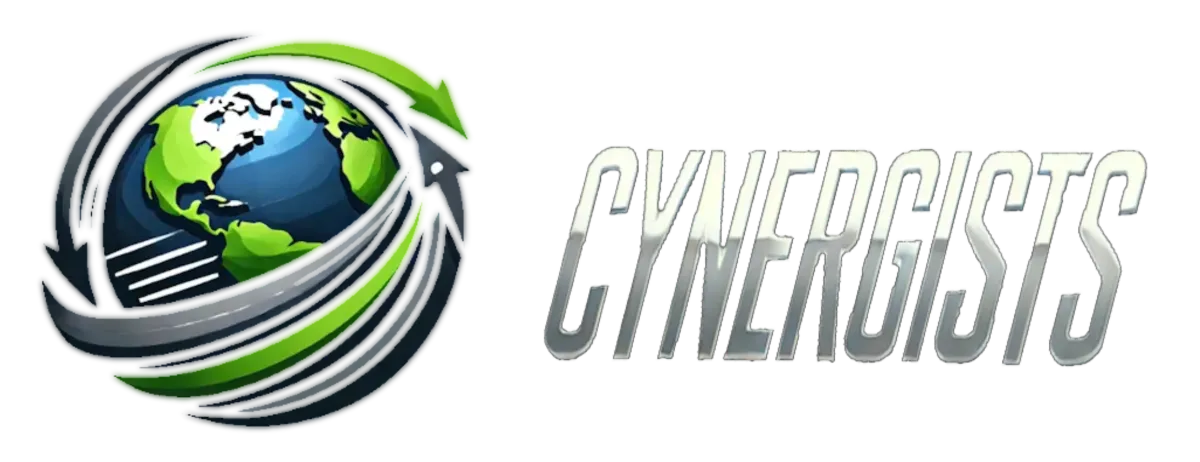
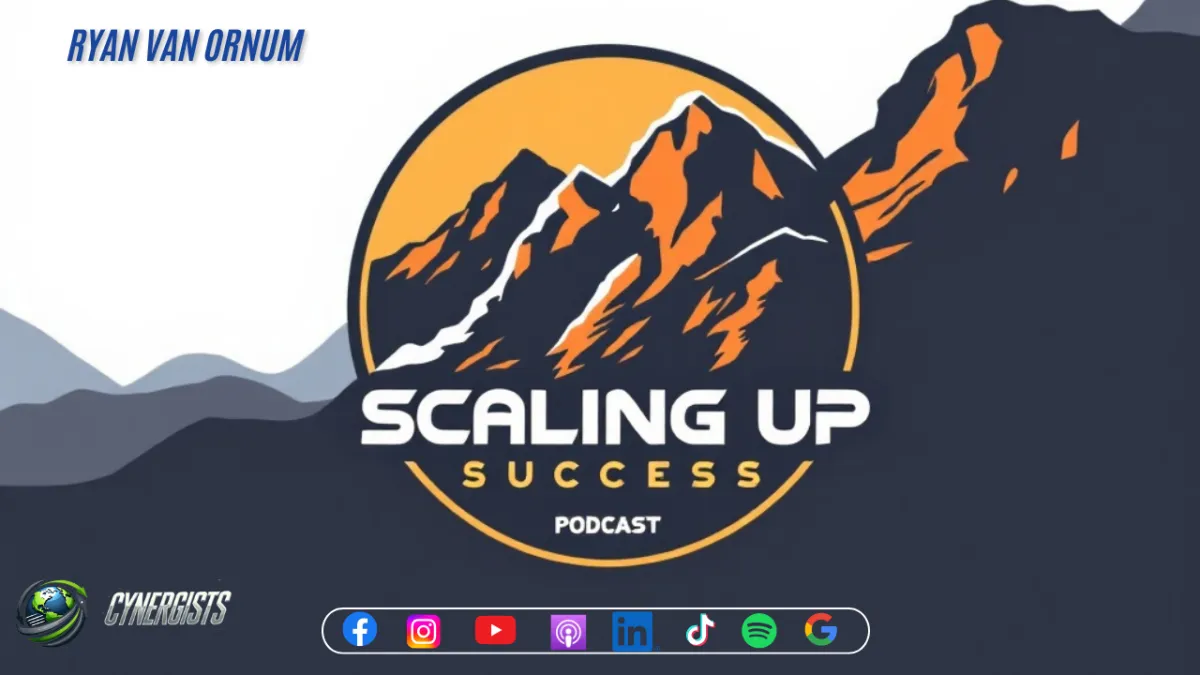
Copyright 2025. Cynergists. All Rights Reserved.

